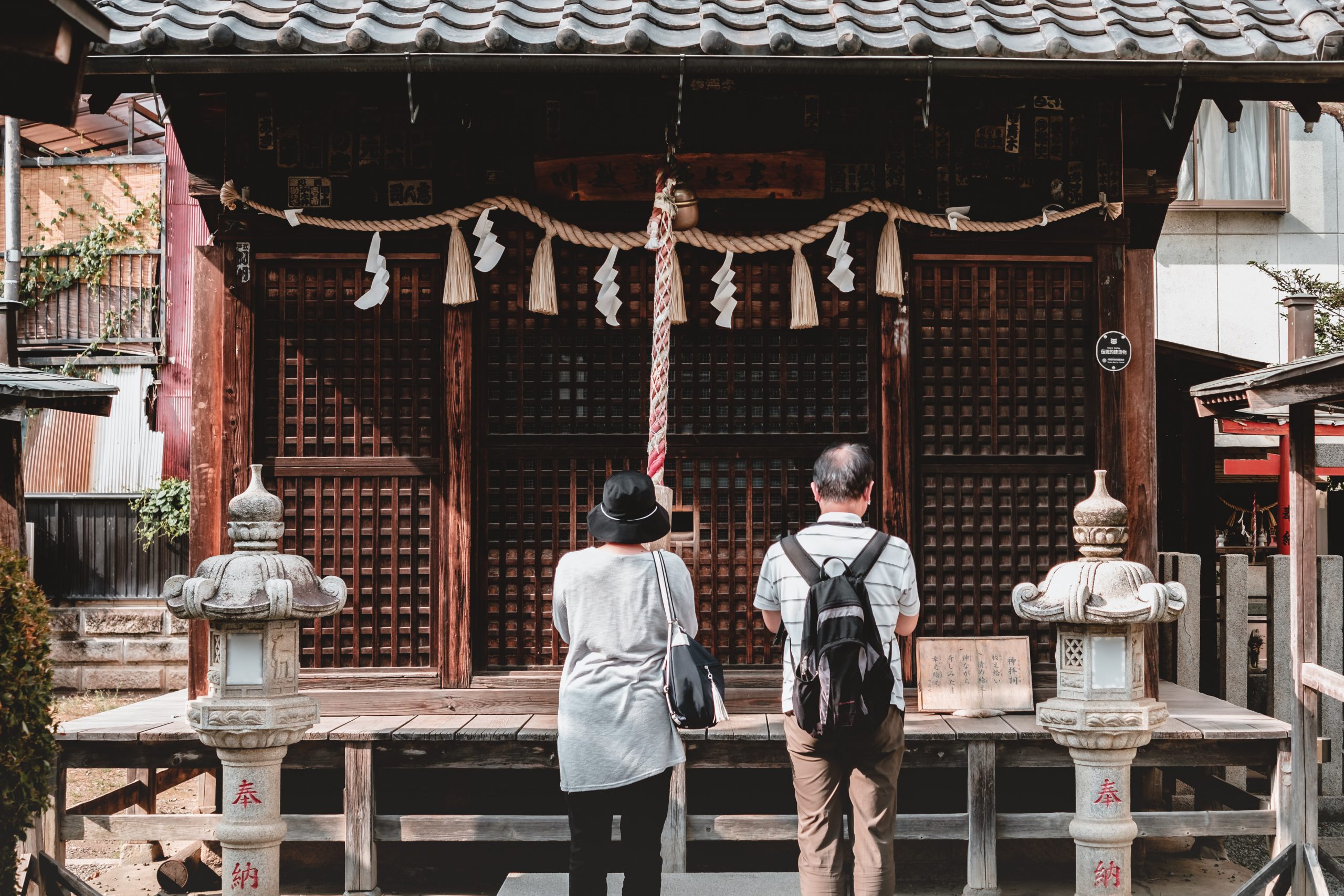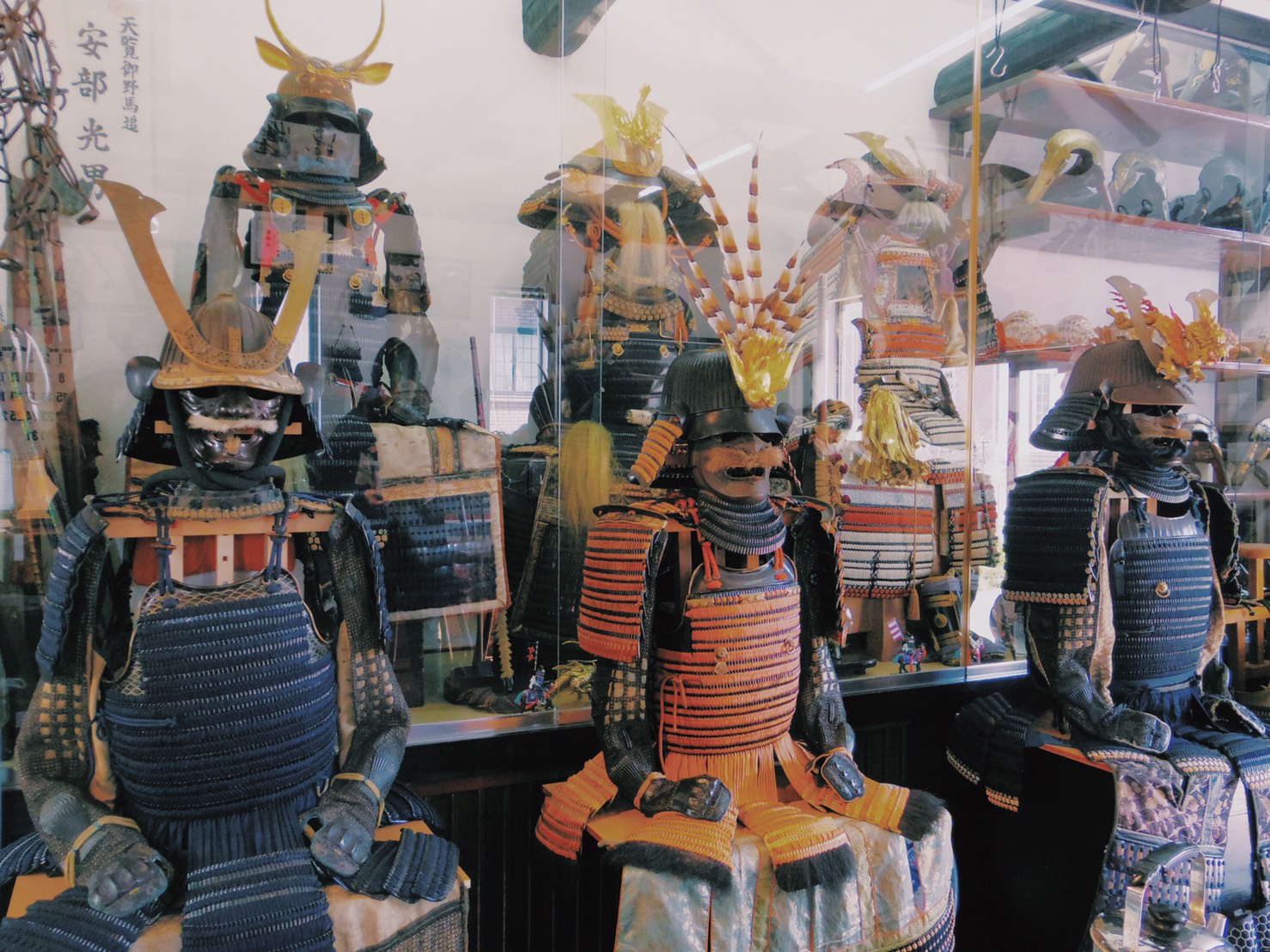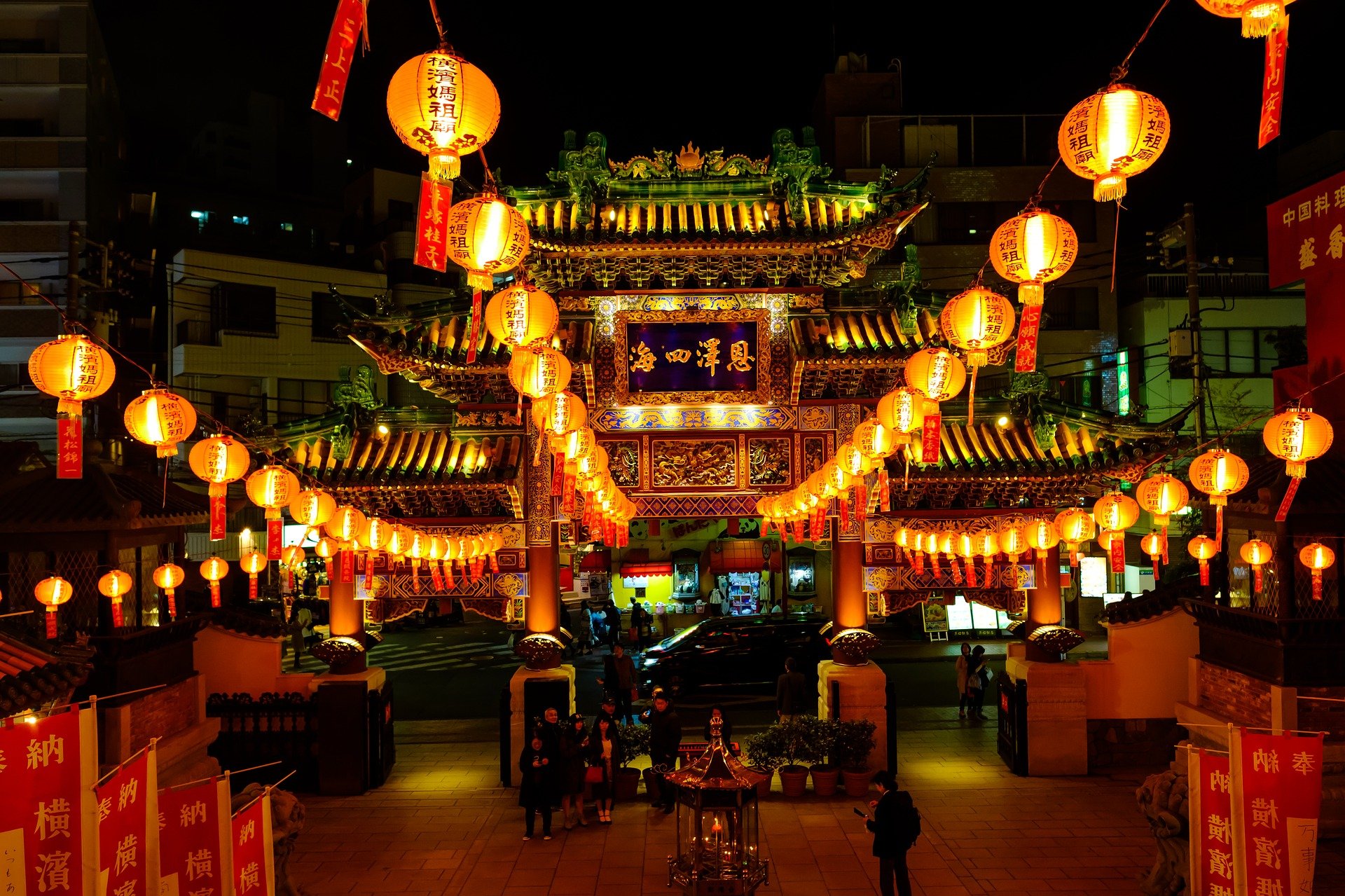Japan has numerous unique traditions and customs that have survived for over centuries and have a strong impact on Japanese people’s lives and thoughts even today. It includes famous ones such as hatsumode (初詣) during the New Year’s holiday and hanami (お花見in spring, but there are also others that aren’t as popular as others or less talked about, for different reasons. Yakudoshi (厄年) is one of these traditional Japanese beliefs that is rarely talked about or discussed in public due to the negative impression it holds. You have probably never heard of yakudoshi before, especially when you have never traveled to or lived in Japan for a couple of years. This article helps you learn about Yakudoshi so that you will understand the uniqueness of this Japanese belief that is widespread in Japan!
What is Yakudoshi?

In short, Yakudoshi (厄年) refers to the specific years when people are considered to be unlucky. The Yakudoshi year is counted by the year that you are born and runs for a calendar year, rather than starting on your birthday. The origin is believed to date back at least to the Heian Period (794-1185), and it has been part of Japanese custom for many centuries. Although there is no scientific proof that can support the superstitious belief, many Japanese people visit shrines or temples to pray, wishing that they can spend a peaceful year without getting any big trouble!
Quick facts
- Yakudoshi (厄年) refers to unlucky years for certain ages in Japan
- People visit shrines or temples to pray and ward off bad luck
When is your Yakudoshi?
Every person can have their Yakudoshi years several times in their lifetime. The ages vary depending on gender, and they are determined as written below:
Men
- 25
- 42 (※Taiyaku/大厄)
- 61
Women
- 19
- 33 (※Taiyaku/大厄)
- 37
As shown above, there are three ages that are considered Yakudoshi for men and women. Among them, Taiyaku (大厄) is believed to be the worst year of luck and when you need to be most careful. It falls into the age of 42 for men, and 33 for women.

To understand your Yakudoshi, you need to remember that you need to count your age differently than the usual way; in Yakudoshi, a newborn baby is considered to be one year of age at birth and to calculate your yakudoshi you need to add a year to your age every New Year’s Day. This calculating system is called Kazoe-doshi (数え年) and is very unique to Japan.
Quick facts
- There are 3 ages that are considered Yakudoshi for both gender
- Taiyaku refers to the unluckiest year, 42 for men and 33 for women
Maeyaku (前厄) and Atoyaku (後厄)?
To make things a little more confusing, there are also specific years, strongly associated with Yakudoshi, that you need to welcome with care. Maeyaku (前厄) is the year that is prior to the Yakudoshi and Atoyaku refers to the year following Yakudoshi. It means you should be careful at least 3 successive years around your Yakudoshi. Some people take these years to review their lifestyle and health, which helps them get prepared for their Yakudoshi year and the rest of their lifetime!
Quick facts
- Maeyaku (前厄) is the year before Yakudoshi
- Atoyaku refers to the year after it.
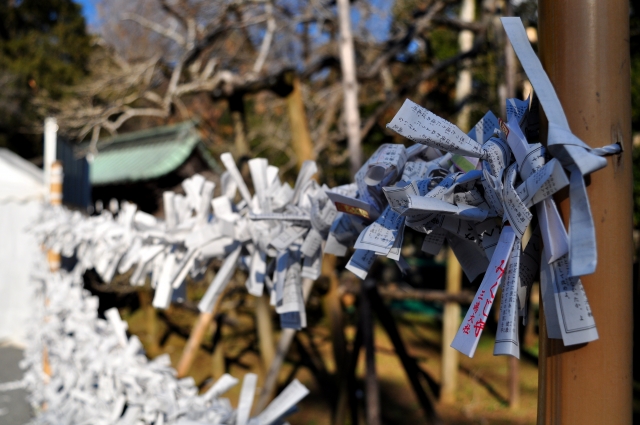
Remedies for Yakudoshi
One of the most important things to remember when you are turning the age of Yakudoshi is to pay a visit to a shrine. You can visit local shrines which are conveniently located in your area, or famous ones if you prefer bigger ones with good reputations for prayer. You can pray to the deities to ward off bad luck. Even though there are generally no rules about what to wear when you receive purification, known as Oharai (お祓い) in Japanese, it is better to choose formal clothing, such as a suit, that are appropriate for rituals.
Other customs to ward off misfortune, besides praying to the deities, are attending certain rituals, purchasing good luck charms (omamori, お守り), making pilgrimages, exchanging gifts and holding special festivities, generally at the beginning of the year.


Some people also believe it is better to not make big changes or undertake new challenges in Yakudoshi. These events include marriage, moving, changing jobs, and/or buying a new house. They can be a big turning point in your life, and you can complete these events before your Yakudoshi comes, or you can put them off until the year of bad luck is over. It is also very important to care for your health and eating habits to stay healthy.
Quick facts
- Pay a visit to shrine & pray to ward off bad luck
- Japanese people avoid making big decisions or changes in their unlucky years
Private tours Japan Wonder Travel
Are you interested in learning more about Japanese traditions and customs? Join a (private) tour of Japan Wonder Travel and let a local Japanese guide show you unforgettable sights and tell you all the interesting stories of Japan. We can customize a trip for you, setting an itinerary according to your wishes or you can join our standard tours. We would be delighted to make your trip to Japan the best experience possible! Some of your tours include:
Tokyo 1-day Highlights Tour
Join our private walking tour to explore the highlights in Tokyo.
Tokyo Fish Market Tour @Tsukiji
Have a chance to try local food and refreshing drinks at a lively fish market Tsukiji.
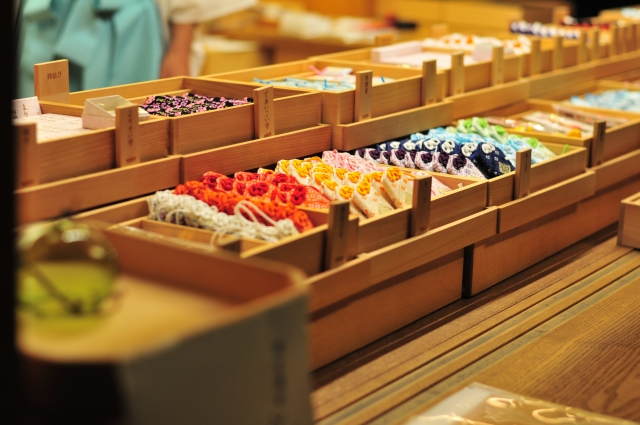
Yakudoshi is a Japanese superstition or religious belief which is widely spread in Japan. The concept of Yakudoshi states that some years in a lifetime are unlucky, something that might seem a little strange if you don’t have similar ideas back in your home country. Even in Japan, some people don’t take it seriously, and decide to spend their Yakudoshi year as any other year. However, learning about it helps to understand the Japanese culture and traditions even better. To ward off misfortune, many Japanese visit a shrine to pray, and/or buy good luck omen. You can also take the opportunity to visit famous shrines and participate in traditional rituals, which will bring you a memorable experience that you surely won’t forget.
Follow us on Instagram or Facebook for more travel inspiration. Or tag us to get featured!
Happy traveling!
